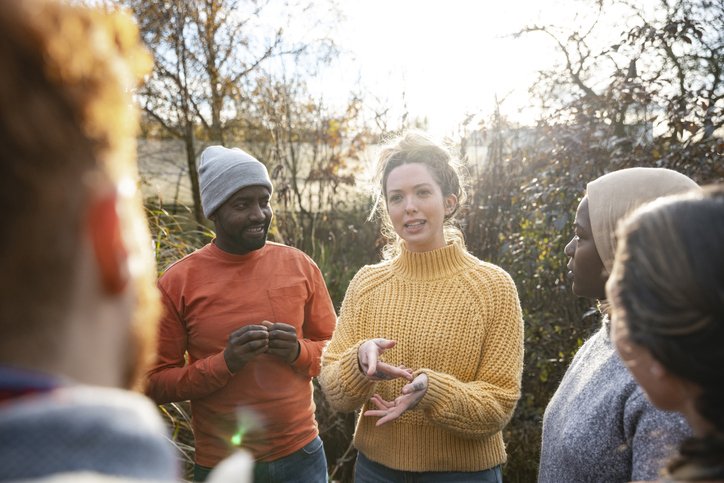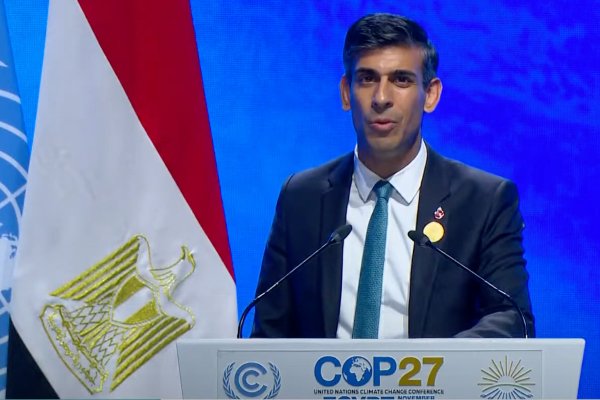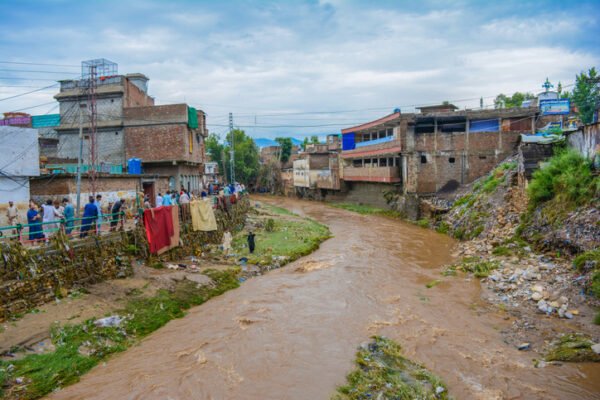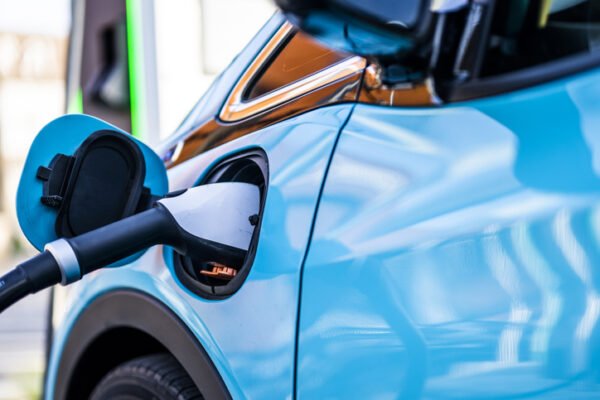This article first appeared in our COP27 special issue of My Green Pod Magazine, published on 11 November 2022. Click here to subscribe to our digital edition and get each issue delivered straight to your inbox
As the wheels of COP27 whirr into motion, for the UK a long and winding journey to net zero remains ahead.
Achieving carbon emissions targets and reversing ecosystem breakdown requires a whole economy transition.
It can feel like an overwhelming objective but, while appreciating the bigger picture is important, this transition will be made a reality if each of us concentrates on the positive actions that we can take – some of them small at first – and speaks up for the future we want.
For Ecology, committing ourselves in service of positive change isn’t something new; through our lending for sustainable projects, we’ve been supporting the development of low-impact carbon homes and communities for over 40 years. Our ecological mission remains the same as when we first began, but has acquired an increasing urgency.
The escalating destruction of our ecosystems means that we, along with the rest of the financial sector, now have a unique responsibility to take deliberate and ambitious action to avert the worst impacts of ecological breakdown.
COP27 has been hailed as the ‘implementation COP’ – the one where we’ll see the pledges announced at previous COPs transformed into real action.
There will be a particular focus on the need to activate finance to unleash the $125 trillion in investment that the International Energy Agency estimates is needed to achieve the world’s 2050 climate goals. This is something we, and many others, sincerely hope will play out.
So, let’s turn to the goals of COP27 and the progress that we want to see within Ecology’s focus areas: ethical finance, low-impact carbon building and resilient communities.
1. From pledging to implementing
The pledges and targets at COP26 reinforced the critical role of green finance to support the transition to a low-carbon economy. Ecology is a living example of this, providing lending for sustainable living, including energy-efficient self-builds and retrofits of existing homes.
Given that UK homes currently account for around 20% of the country’s carbon emissions and are some of the least efficient in the world, there are huge gains to be made from improving the performance of our existing housing stock and ensuring that new homes are built to the best possible standards.
For this to happen, we need a coordinated approach to determine the best efficiency measures for each home, alongside grants and incentives – especially for properties that are more difficult to improve.
This is an approach that is critical to achieving net zero goals not only in the UK, but also in other countries within which domestic energy use contributes a significant proportion of CO2 emissions. Other countries have already adopted many forward-thinking initiatives, and in that sense the UK is behind the curve.
Here in the UK, we’re seeing a big push to install heat pumps, with the government providing grants to allow homeowners to replace inefficient boilers with low-carbon systems.
Alongside this, we recently introduced an incentive option for our borrowers to install heat pumps.
While heat pumps are a step in the right direction, homeowners also need support to improve insulation and ventilation if they are to create low-carbon, healthy living spaces and realise the potential of any energy-saving technology.
This is why Ecology is calling for a coordinated National Retrofit Programme to address the fragmented energy-efficiency supply chain and skills shortages, so that we can kickstart the retrofit revolution.
2. Delivering on adaptation
Helping people, communities and countries to protect themselves from the effects of climate change is crucial to the low-carbon transition.
The impacts of the climate crisis are already being felt around the globe, sadly with the effects often disproportionately impacting those with the lowest incomes and the least resources to cope.
At Ecology, we know that resilient communities are integral to climate adaptation. Much of our lending is targeted at supporting community-led solutions to the provision of affordable, low-energy homes for local people.
 Play Video about This Rock Might Just Save The World
Play Video about This Rock Might Just Save The World Play Video about Play 2 hours of rock
Play Video about Play 2 hours of rock Play Video about Play 2 hours of brook
Play Video about Play 2 hours of brook Play Video about Play 2 hours of sheep
Play Video about Play 2 hours of sheep















































